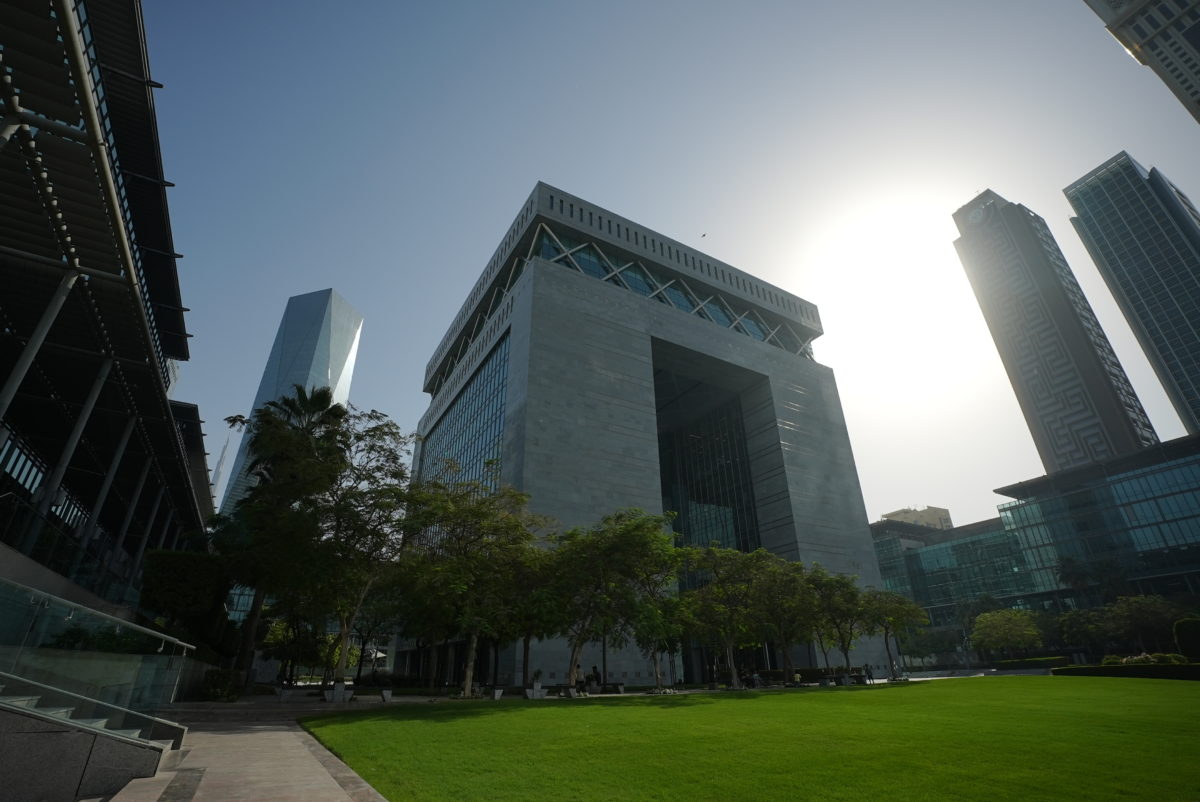The DIFC Companies Law (DIFC Law No. 5 of 2018) is a crucial piece of legislation that governs all companies registered within the Dubai International Financial Centre (DIFC). This law supersedes the previous Companies Law (DIFC Law No. 2 of 2009) and represents a significant shift towards aligning the DIFC with the highest international standards for transparency and accountability.
Here’s a comprehensive breakdown of the key points outlined in the DIFC Companies Law:
Who needs to comply with DIFC Audit Requirements?
The DIFC Companies Law applies to all companies registered within the DIFC, with the exception of those classified as “small private companies.” These small private companies are defined as having no more than 20 shareholders and an annual turnover of USD 5 million or less.
What are the DIFC Audit Requirements?
Companies that don’t qualify as “small private companies” under the DIFC Companies Law are subject to mandatory annual audits of their financial accounts. These audited accounts must be submitted electronically through the DIFC Client Portal within a timeframe of 7 months following the conclusion of their financial year.
Additional Obligations for DIFC Companies
- The DIFC Companies Law imposes several other important requirements on registered companies:
- All companies registered in the DIFC are initially classified as Private Companies. Within 30 days of establishment, companies have the option to declare themselves as Public if they have 50 or more stockholders and are publicly listed.
- Private firms with 20 or more shareholders and an annual turnover of USD 5 million or less must employ an auditor to file audited financial statements. These statements must be submitted online through the DIFC Client Portal within 7 months of the financial year-end.
Note: The first financial year of a company begins on the day of incorporation, lasting for a maximum of eighteen (18) months as determined by the Directors. Subsequent financial years commence at the end of the previous year and last for twelve (12) months, adjustable within a seven-day range as per the Director’s discretion.
- All DIFC firms are required to establish a Register of Ultimate Beneficial Ownership (UBO) to enhance transparency and combat financial crime.
- There is a submission of a Validation Statement, which must be filed during the License Renewal process. (Previously, it was Annual Report Return)
Additionally, the regulated firms must submit regulatory return auditor’s reports to the DIFC, along with client, insurance, safe custody, and fund auditor’s reports.
The Governing Authorities of the DIFC
Three distinct governing authorities oversee DIFC companies audit regulations, each with its specific role:
- Dubai International Financial Centre Authority (DIFCA): Established by UAE Law No. 9 of 2004, the DIFCA acts as the controlling authority responsible for managing and facilitating the development of companies within the DIFC. Its primary objective lies in formulating and implementing relevant regulations and standards.
- Dubai Financial Services Authority (DFSA): Also established under UAE Law No. 9 of 2004, the DFSA functions as an independent regulator for financial services conducted within or from the DIFC zone. The DFSA plays a critical role in overseeing regulated firms and enforcing compliance with the relevant regulations.
- The DIFC Courts: Created by UAE Law No. 9 of 2004, the DIFC Courts operate as a self-governing judicial system within the free zone. They are empowered to resolve all types of civil and commercial disputes that arise within the DIFC.
Beyond Audits: Essential DIFC Filings
In addition to mandatory audits, DIFC companies are obligated to file a variety of other documents to ensure ongoing compliance with the law. These filings include:
- Notice of allotment of shares
- Annual return
- Annual general meeting
- Appointment of auditor
- Cessation of auditor
- Financial statements
- Renewal of commercial license
- Name change
- Address change
- Change of officeholders
- Change of members
- Increase/reduction in share capital
- Transfer/sale of shares
- Amendment to the articles of association
- Dissolution of an LTD
These filings serve the important purpose of upholding the integrity of the DIFC’s financial services industry and fostering trust among all stakeholders involved. As the landscape of compliance continues to evolve, staying up-to-date and strategically positioned can have a significant positive impact on a company’s future success within the DIFC. Taking proactive steps to ensure your company’s compliance with the DIFC Companies Law can help you avoid potential penalties and navigate the regulatory environment with confidence.
MS as your helping hand in DIFC Audit Requirements Compliance
MS can assist you with tasks like determining if a company qualifies as a “small private company” exempt from mandatory audits, preparing the necessary financial statements for audits, filing audited accounts electronically through the DIFC Client Portal, and keeping up-to-date on the latest DIFC Companies Law regulations to ensure all filing requirements are met. By providing this kind of comprehensive support, we can help DIFC companies navigate the audit process smoothly and efficiently.
